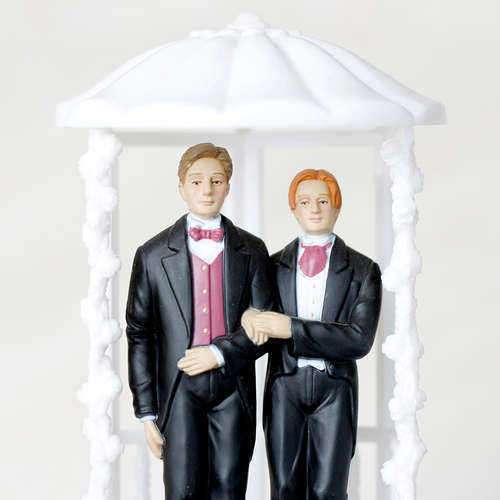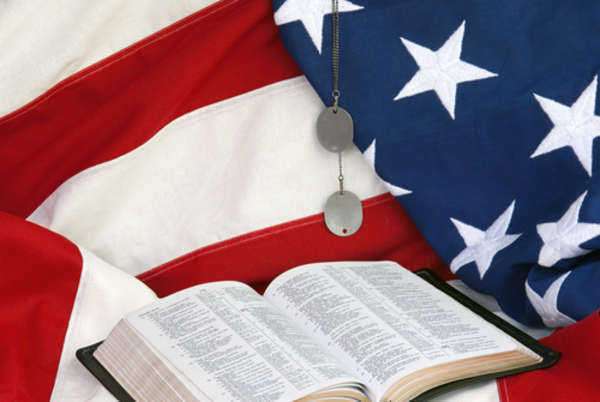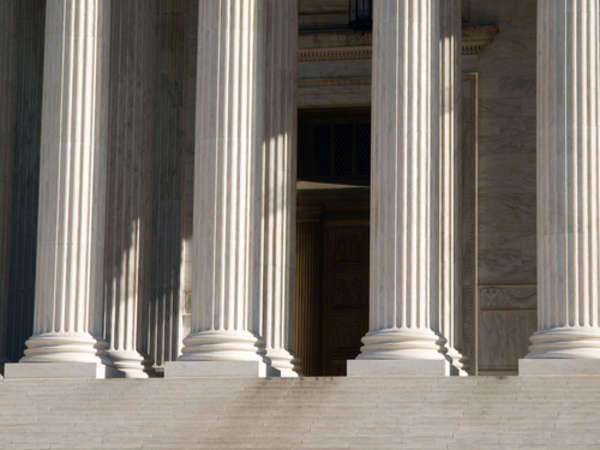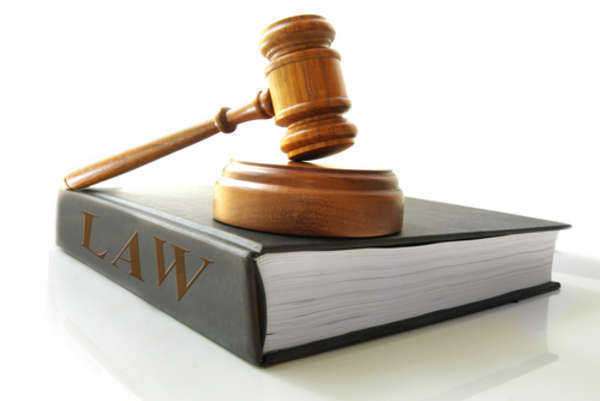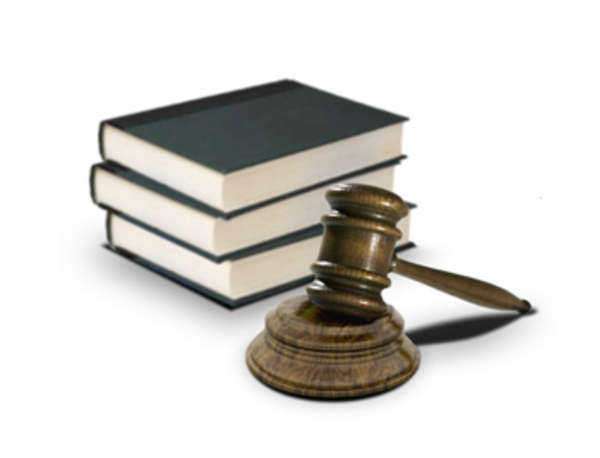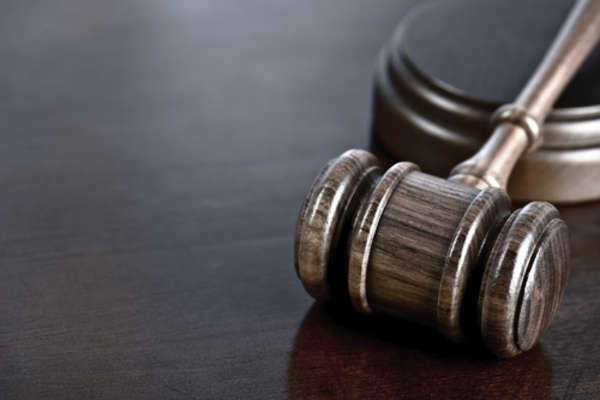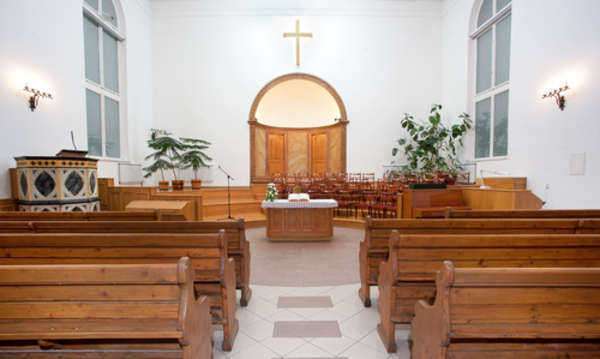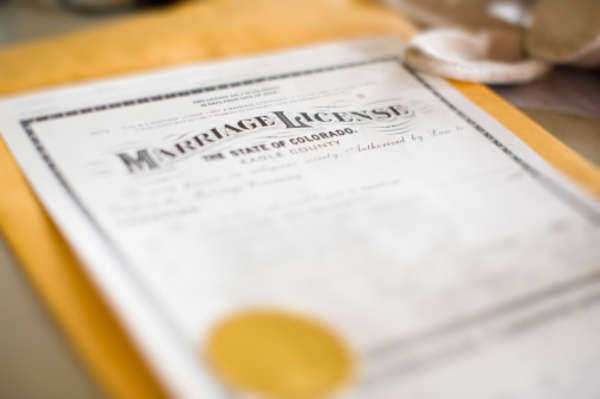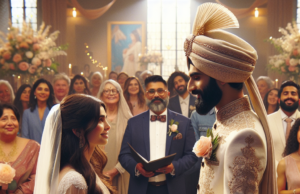Gay Marriage Laws in Oregon

In Oregon,
gay marriage has been close to being legalized in recent years. Many believe
Oregon could be the next state to allow gay Oregon marriages. Due to a number
of court battles and reversed decisions, the Oregon gay community has seen the
legalization of gay Oregon marriages be given and taken right back away from
them. Currently, Oregon allows domestic partnerships.
The right to have
domestic partnerships comes after a bill set would have allowed civil-unions
did not become a law. Oregon gay couples can thank Gov. Kulongoski for pushing
for the bill that allowed domestic partnerships. The bill came out of the
Oregon Family Fairness act and it gave Oregon gay couples many of the same
rights that Oregon marriages offer. Some of the rights part of the domestic
partnership include, filing joint custody of insurance forms, hospital
visitation rights, and certain rights given to you if your partner passes away.
A court challenge almost stopped the domestic partnership from being passed,
however after a delay the law finally took effect in early February 2008.
Oregon marriage licenses were given to Oregon gay couples in
the county of Multnomah. As soon as the county started issuing marriage
licenses to Oregon gays there were hundreds a day being requested. It was first
ruled that the state had no right to block the marriage licenses by the state’s
legislature, legislative counsel. Also, the judge is the first hearing on
the issue refused to place an injunction on the gay Oregon marriage licenses.
After more court decisions favored the right for Oregon gay couples to marry,
those for the DOMA act argued all the gay marriage licenses went against the
state constitution. They argued that Multnomah did not have the right to issue
gay marriage licenses. The act that was put into action was called ballot
measure 36. It banned Oregon gay marriages. It was also a retro active ban so
it made all the Oregon marriages between gays invalid even though they had take
place already. The supreme court made the decision final that gay marriage
would not be allowed in the state of Oregon.
Gay couples in Oregon have will not stop fighting for more
rights. The people were so close to having gay marriages allowed that they were
giving out hundreds of licenses a day. Numerous court battles were ruled in
favor of gay marriage but ultimately the defense of marriage act won out.
Many
believe Oregon will soon allow gay marriages again, but for now the will have
to settle for domestic partnerships and the benefits that come along with that.
Census numbers show that there are thousands of registered gay couples in
Multnomah alone and someday they may even get a chance to marry in their home
state.



